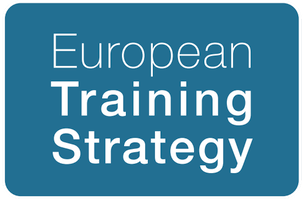

The single behaviours are summarised in different headlines that illustrate what “facilitating learning” means for youth workers behaviour-wise. The “cluster headlines” do not name behaviours as such; these can be found through clicking on the lists.
Supporting young people in their learning processes means above all to motivate and empower them. + -
In doing so, youth workers:
- respect ethical boundaries
- acknowledge the experiences of others
- raise awareness of the ‘power of change’
- generate trust, maintain confidentiality, and respect (data) privacy
- are honest, respectful and transparent
- recognise their own feelings and values and role-model this process to others
- create a supportive environment to act on values, both in residential and online settings
Youth workers encourage interaction within the group. + -
Therefore, they:
- foster democratic behaviour and encourage participants to actively engage and share their critical voice
- support young people in dealing with crisis situations in a fair and constructive manner
- encourage and actively support collective actions
- confidently and constructively challenge a ‘them and us’ mindset
Youth workers develop an approach to reach the aims and objectives of the learning process. + -
This means they:
- are target-oriented, wanting to reach educational aims
- use ways and methods that specifically encourage creativity, problem-solving and ‘out-of-the-box’ thinking in different learning spaces
Learning environments need youth workers to show a certain flexibility to adapt to the learners’ needs. + -
In doing so, youth workers:
- recognise the importance of improvisation and experimentation
- have the courage to improvise and experiment
- address factors that support and block creativity
- are OK with imperfections, failures and mistakes

← all competence areas


